This time in an piece called “Canadian journalism is in deep trouble – academics can help” by Dax D’Orazio.
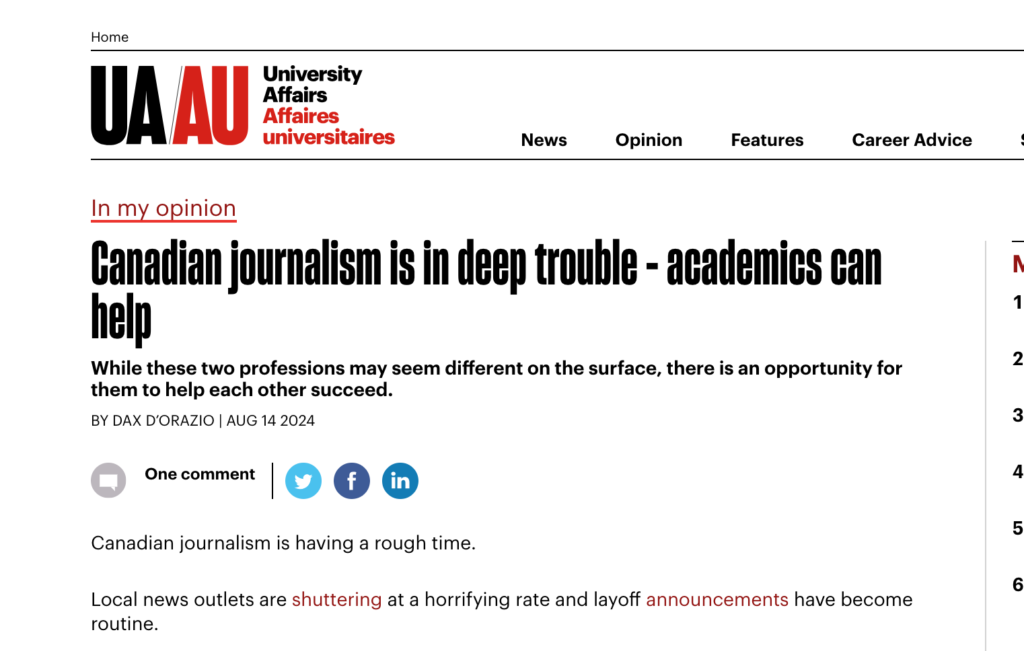
Anyone who has read any of my journalism books knows that I have discussed this years before in book form, and on my previous blogs.
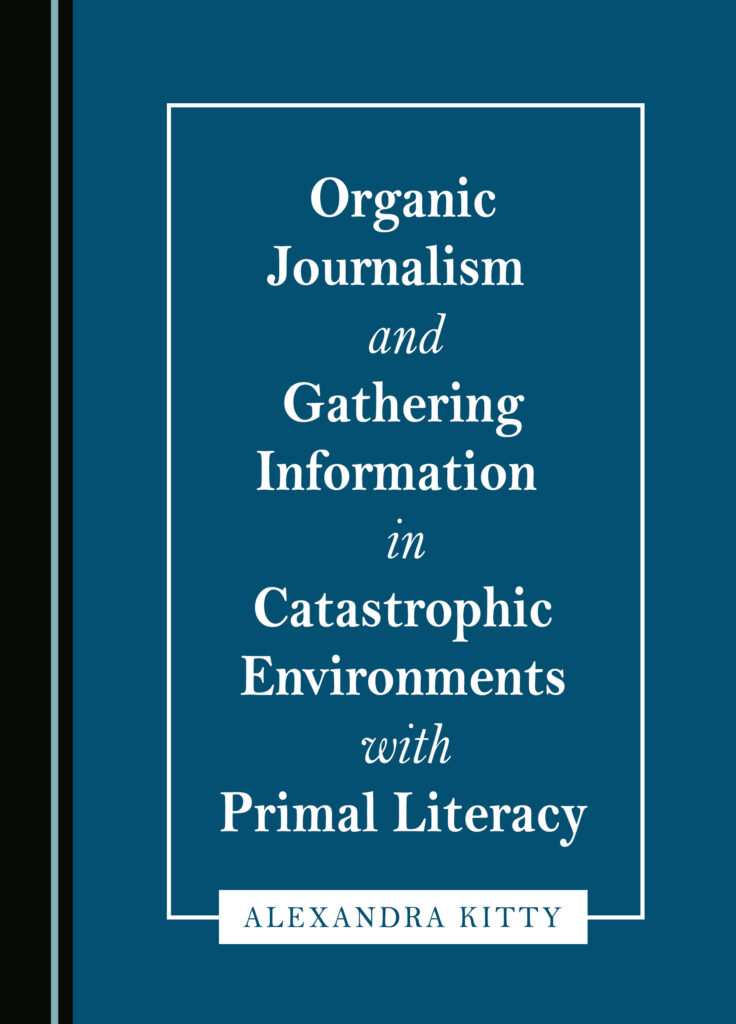
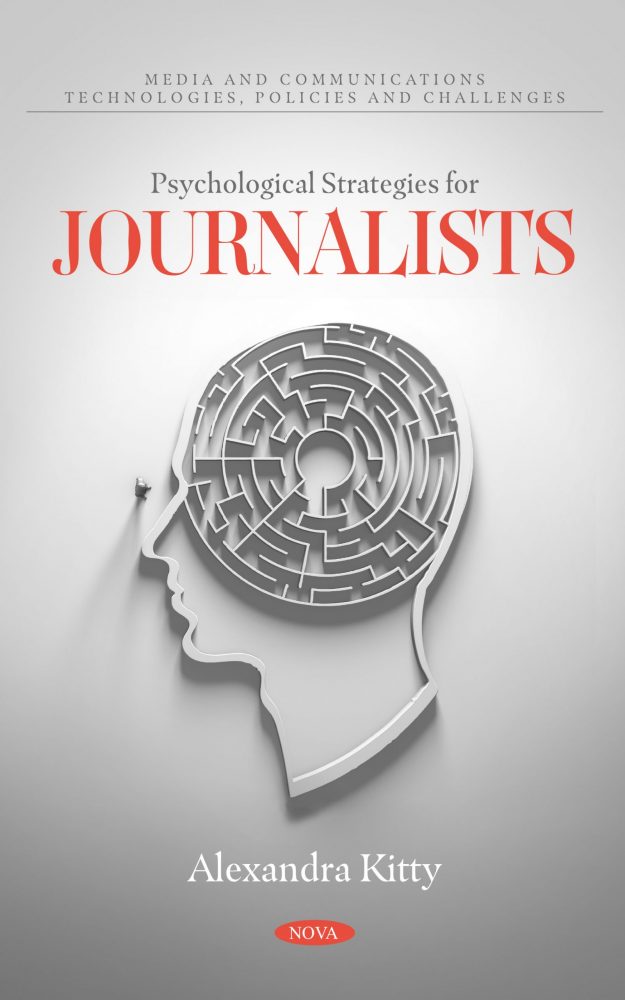
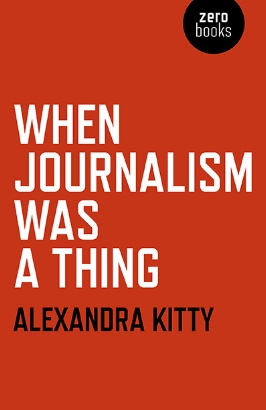
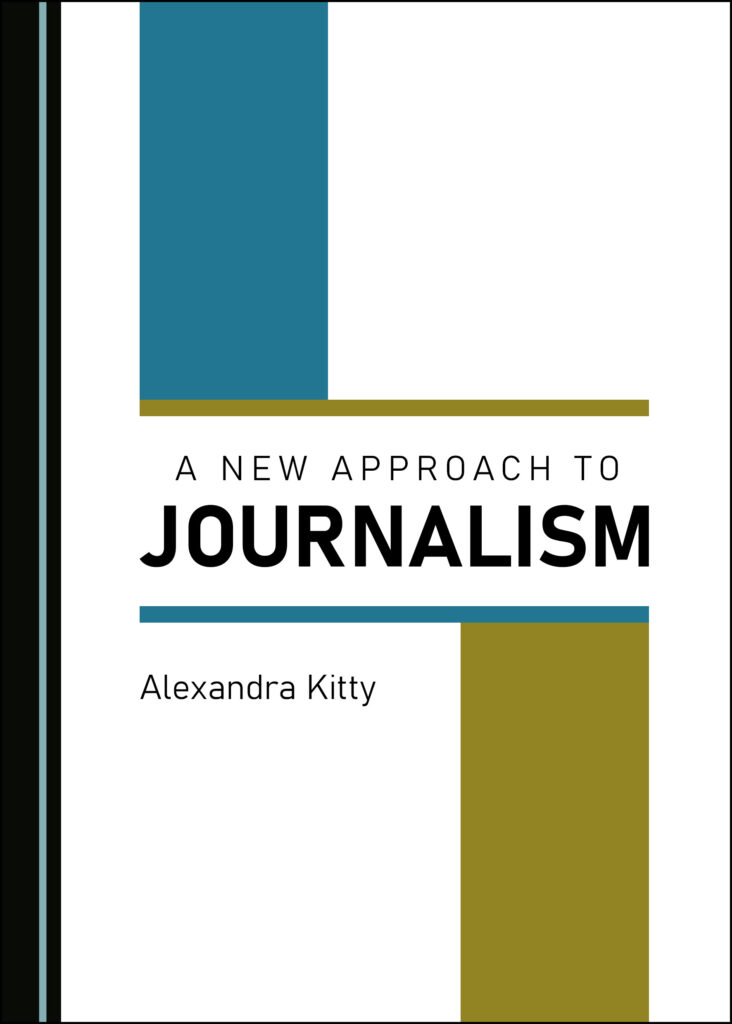
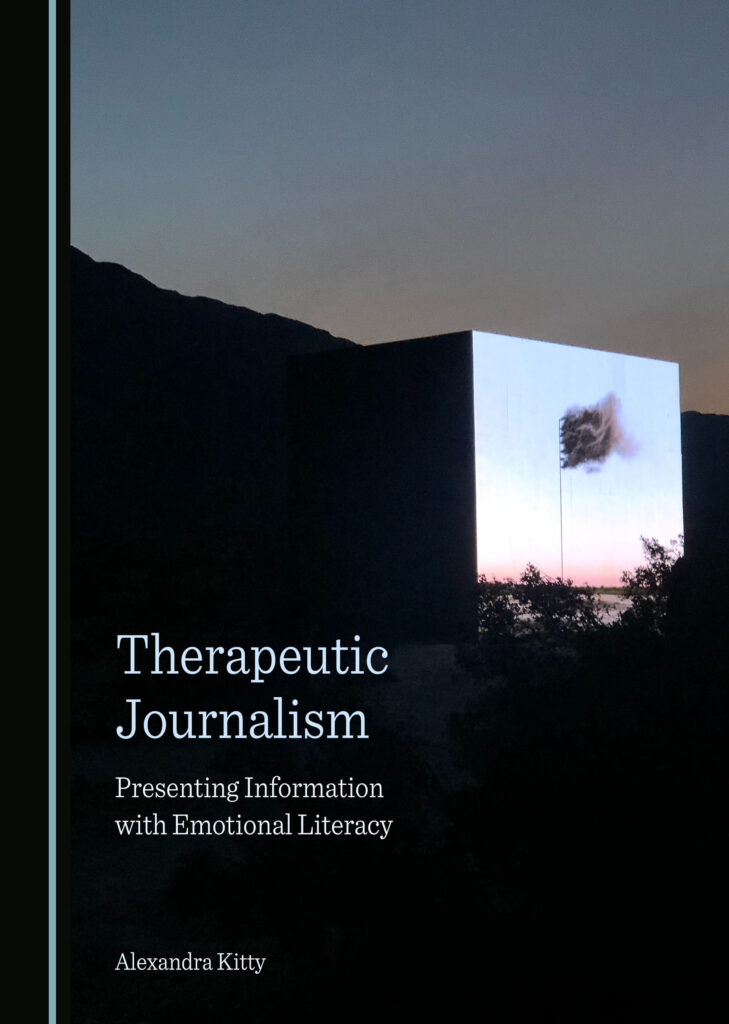


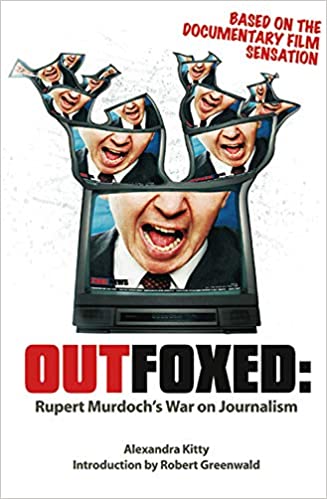

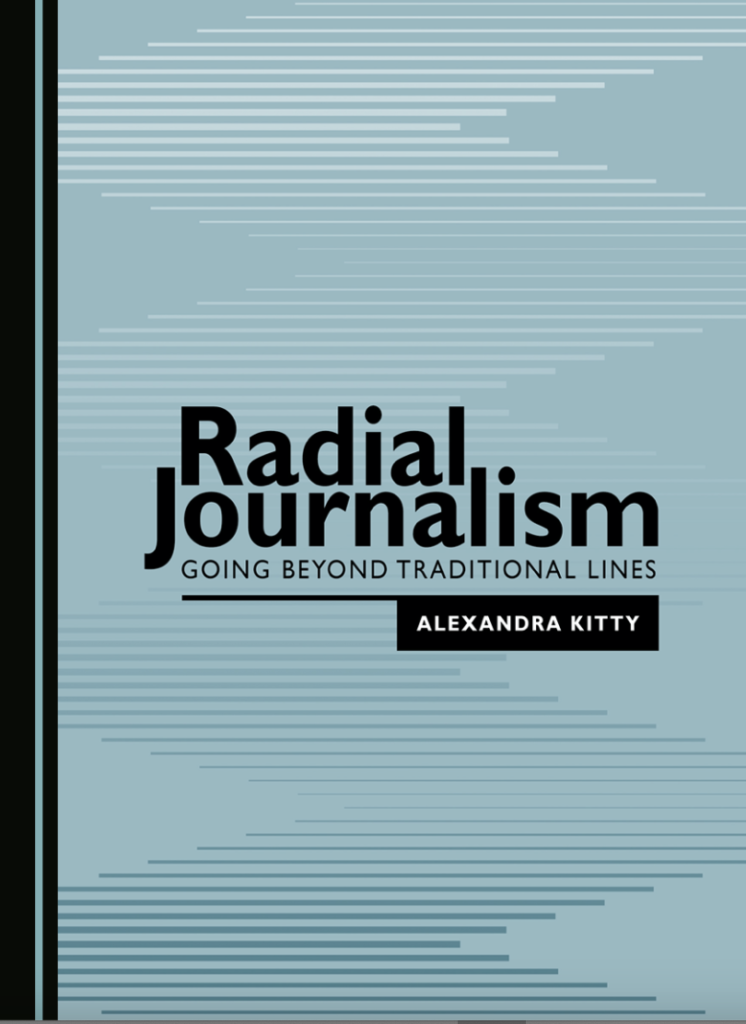
One of the commenters mentioned The Conversation, a very poor hybrid of weak academics coupled with weak journalism that has done zero for journalism or j-schools because its presence hasn’t fixed the problem. The commenter’s assumption that one clumsy attempt meant something was being done is also amusing.
You cannot expect the people who messed up the profession to be the ones who can fix it. They don’t have a pulse or incentive to do so because they keep getting rewarded for not fixing the problem and they feel entitled because of their perceived innate specialness. It’s no different than CBC brass who gave themselves lavish bonuses while letting go hundreds of employees, even though they got bad publicity over it and were hauled up to parliament specifically for those bad optics. There were no consequences, and they will keep doing it until they get sued by employees who got laid off or get fired by their own superiors.
Journalism’s problems are too numerous and too deep for academia to fix, given they have their own set of woes and they are in the same place as journalism. Journalism has a business model problem and it has a problem in how it gathers, analyzes, and disseminates information. The compulsion to tell people what to think and how to think about it destroyed the profession. Lofty decrees ruined the product as did looking down on people who do not believe what journalists believe.
The other problem with academia is the same the civil service, public sector, and government: they are shielded from reality. Worse, they contaminated the private sector, and now you have systems which cannot respond to forces and sweep inconvenient truths under the rug. When you have countless homeless camps and tens of thousands of layoffs and increased inflation and bankruptcies, you have an economic depression.
And yes, we have been in a depression since 2020.
Journalism and academia have the same core problem: both run being one third literate. They are just analytically literate, not emotionally and primally literate. That means these are professions based on a scaffolding of psychopathy. Primal literacy is about surviving and thriving. Emotional literacy is about weighing what facts means. So slopping together two professions with the same glaring deficit won’t solve anything.
To resurrect journalism, you need different kinds of thinkers. The analytical form of journalism is dead because we are no longer in an analytical scaffolding. That ended in 2020. Primal thinkers have gone to SubStack, and they are doing much better as independent outlets, because while we are now in an emotional scaffolding, primal necessarily moves up a notch in second place because emotional thinkers are in the realm of infinity, and they are not blinded by rote binary thinking that defines analytical thinkers who think nothing of lying, censoring, and bullying to make people believe they are the 1 and everyone not like them is a 0. So while we see a rise in a new form of journalism, it hasn’t dominated because it’s not what people want and need the most.
So where is emotional-based journalism?
Emotional thinkers, right now, are having a battle with analytical thinkers over that plagiarism-based software known as AI. The lawsuits are flying fast and furious. Analytical thinkers of Big Tech honestly thought emotional people would just get pushed aside as Big Tech stole their work and put them out of business and become trillionaires because there are too many billionaires and it’s not special anymore.
The entire business model of AI (and how it gathers, analyzes, and disseminates information) is based on theft. In that regard, it is even worse than what legacy journalism is right now.
But it also wants its theft-based software to sound authoritative; so no one questions it as they give in to cognitive outsourcing, confine their thinking, and believe in a world of infinity, there is only one right answer and it is AI authority that has it. That way, they will always be in charge, no matter how incompetent they are because, they are really just that innately special and superior to people who can actually do the job.
AI is a deliberate rig to remove any potential competition from challenging analytical thinkers who know they completely lost control. The tyranny of the UK government trying to stuff the genie in the bottle is being done in vain. It will only speed up what they are trying to stop: the rise of a new cognitive scaffolding, which already happened four years ago, and something I discuss in my book The Political Psychology of the Second World War.
AI is backfiring rapidly. It’s not solving the woes of fading analytical thinkers, and is making things worse.
We will see emotional-based journalism, but not in the form you’d expect. The Internet is not the future of communications. It’s too defective and constricting for emotional thinkers. Just as Covid-19 fear-mongering awakened primal thinkers who then went off and made their own little media outlets, AI fear-mongering will trigger emotional thinkers to innovate. They are the eccentric visionaries, after all.
Can academia rescue journalism? Not in its current state, no. Analytical thinkers may be micromanagers who demands scripts, rules, obedience, censorship, and uniformity, but they do it at arm’s length because everyone is beneath them. There is no instinct or feel. You would have to get a harmonized thinker with a strong emotional core — an emotional savant, really — to come in and clean up the j-school before you could even begin to use the resources to build up journalism through ecologically valid studies — and do it without the cushy safety nets of the public sector.
You would need someone who has skin in the game and understands business as well as how to reinvent journalism, using multiple models based on core literacy. There is no journalism resurrection without the psychology (yes, I have developed other methods that don’t require psychology, but those I will not be sharing in any format. Why? Because I am not a doormat looking to impress people or is someone looking for bravos, thank you very much).
There is no university in Canada that has the guts to do it, or even do it without meddling. They are all alike and all copy one another. There is no legacy media outlet in Canada that has the guts to go for the ride or admit what they are doing now is less than perfect. They are all alike and copy one another. The worst thing to happen to journalism was the federal government bailout, which only made matters worse, and solved nothing. What journalism wants is to do the same thing, but then everyone else conform to what they want so they can “prove” they were “right” all along.
So University Affairs can just dream on. I had already commented on this issue in that same publication years ago about the same problem. You have ten of my previous books that discusses these problems in detail, and a roadmap of how to fix those problems. I went into journalism to conduct ecologically valid studies in what the profession was doing wrong and how to fix it.
There are no quick fixes or easy solutions. The ivory tower is not in the eye of the storm; so it’s not going to save legacy media, and primal-based media is doing fairly well for itself, to the chagrin of analytical thinkers who think just because they are one third literate, that they are superior to people who have multiple literacies. Not even close, but a nice attempt at psych out.
Why journalism won’t be resurrected by academics Alexandra Kitty
[…] wrote about this last year, but I reposted the piece here. The Ivory Tower is no salvation, even if those in those powers worked as […]